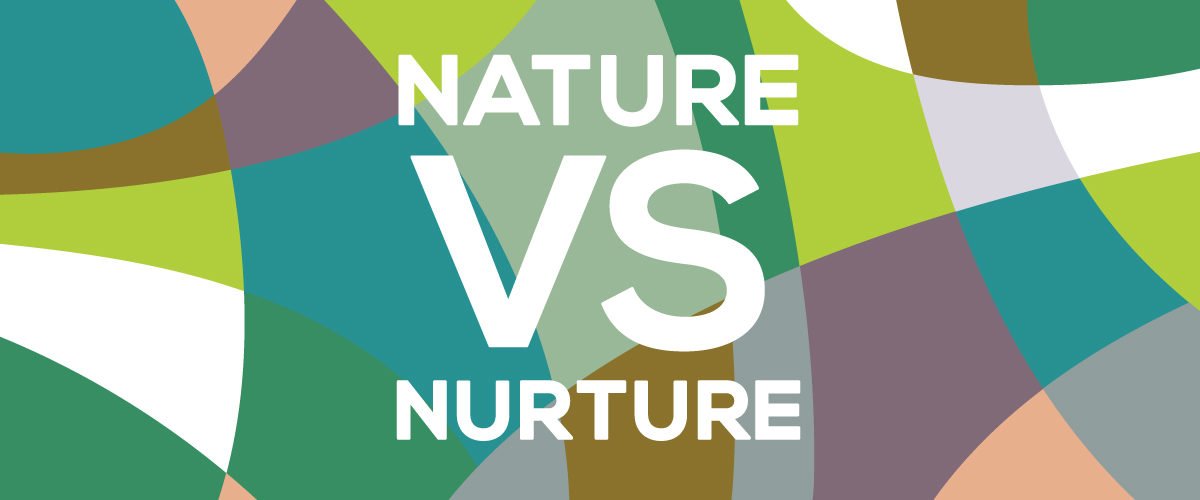‘My name is Rob Mansfield and I suffer from depression.’
That kind of statement often leads to congratulations for being ‘brave’ and ‘honest’, but please don’t applaud or praise.
Instead, consider this comparable statement:
‘My name is Rob Mansfield and I suffer from asthma.’
 Not exactly up there on the confession scale, is it? And yet, compare the numbers. There are currently an estimated 5.1m people currently suffering from asthma in the UK.
Not exactly up there on the confession scale, is it? And yet, compare the numbers. There are currently an estimated 5.1m people currently suffering from asthma in the UK.
Want statistics for depression? The figures aren’t quite as accurate, but it’s reckoned that 1 in 4 people will suffer with some sort of mental health issue, which works out at around 15m at a conservative estimate.
Somehow, the depression ‘confession’ doesn’t really seem quite such a big deal when you put it like that, does it?
Nor would any of us be embarrassed to say we’d broken a finger, sprained a wrist, etc.
As we all know, though, the stigma attached to depression is because it’s a ‘mental’ illness, rather than a physical affliction.
‘It’s all in the mind, innit?’ The inference has always been that you should be easily able to ‘snap’ out of it. Stick on an episode of Only Fools and Horses and laugh your way to happiness – that’ll cure your depression, won’t it?
My experiences
I first discovered I suffered from depression in 2003, around the time my marriage broke up. I had many of the classic symptoms, such as not wanting to get up, disinterest in food, problems sleeping, but at the time I didn’t understand they amounted to depression.
Suddenly, it was as if someone had turned a light on. For years, I’d been experiencing similar symptoms at regular intervals and never been able to pin down what the problem was. Now I had a name and diagnosis.
Ironically the light only came on to a certain degree, because depression leaves you with a huge grey cloud hanging around you, dogging your every move and thought.
An old work colleague, Cliff, once likened depression to an old door that slowly starts to peel and needs repainting every year or so.
For me, depression is like wearing a big pair of blinkers and ear muffs. I’m not incapable of seeing things or hearing things, when I’m in a down period, but I tend to exist in my own world and withdraw into myself.
This sort of behaviour is not uncommon among fellow sufferers and, sadly, one of the reasons why people who haven’t experienced it can’t get their heads around the illness. There’s very little anyone can ‘say’ that will make it any better.
There are some simple things that you can do to try and improve things, such as exercise, get outside in the sunshine, eating properly… but naturally, when you’re on a downer, all of these seem like the most difficult and unappealing things to do.
I just want to watch back-to-back episodes of The West Wing or read every Lee Child thriller again.
In fact, during probably my worst period, the only TV channel I wanted to watch was UKTV Food. It’s funny typing that now, but it wasn’t at the time, nor for my extremely supportive partner. It’s not even as if I got off my arse and then cooked any of the recipes – watching something vapid, uncomplicated that I could just let wash over me was enough.
Nine years after official diagnosis, I’ve come to the conclusion that I’ll probably stay on meds forever. Occasionally, I try without it and I slowly, but surely slip into a black fug, from which it takes too long to pull myself out.
I’m fairly sanguine about it. Heart patients take beta-blockers on a daily basis, asthmatics puff on an inhaler morning and evening, so what’s the difference?
Do I go round telling everyone that I suffer from depression? No, of course not. It rarely gets in the way of everyday life now, so it’s not an issue. If you have eczema, you don’t drop it into conversation within the first 5 minutes, do you?
Depression can afflict the most creative, intelligent, normal people, so why it’s still seen as something that should be ignored or not talked about is baffling to me.
Let’s face it, if Winston Churchill could lead Britain to victory in WW2 while suffering from ‘the black dog’, it’s hardly something to get prissy about, is it?
Depression Awareness Week
Why am I writing this post today? Well, it’s Depression Awareness Week, so, while I don’t really think you need a reason to talk about it, it’s as good a time as any.
All I’d ask is, the next time you hear that a friend, relative or work colleague has depression, don’t treat it as an excuse to ignore them. Talk to them normally as if they’re still the same person you had a chat with the week/month before – because they are. It’s not rocket science, is it?


